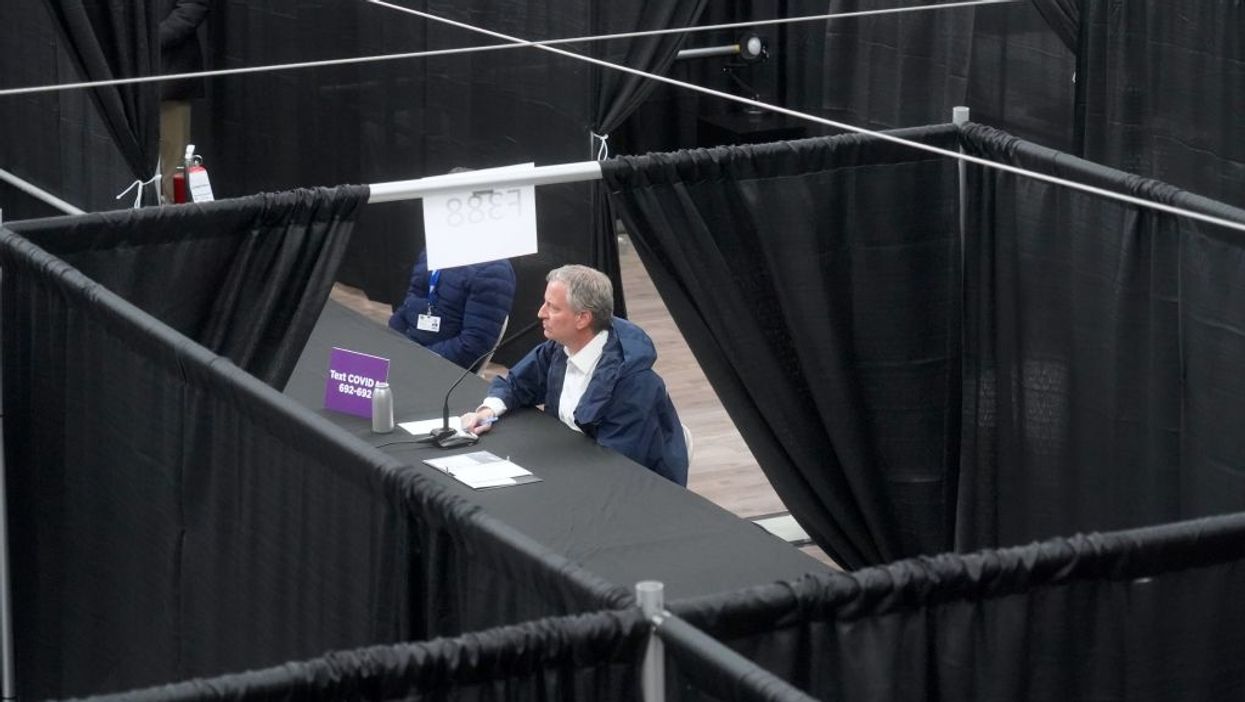
Photo by Selcuk Acar/NurPhoto via Getty Images

Seems like a waste
In a startling waste of taxpayer money, a temporary pandemic hospital constructed in New York City cost $52 million, but in the end served only 79 patients before closing its doors a month later.
According to a recent New York Times exposé, the hospital, which was built at the Billie Jean King National Tennis Center in Queens at the height of the city's outbreak, "should've been a success story: It opened at the height of the pandemic, with a full staff eager to treat virus patients."
But instead it served only as an illustration of "the missteps made at every level of government in the race to create more hospital capacity" amid the pandemic.
The Times reported that the state paid as much as $732 an hour for doctors to essentially do nothing but paperwork at the facility.
"I basically got paid $2,000 a day to sit on my phone and look at Facebook," admitted Katie Capano, a nurse practitioner who worked at Billie Jean King. "We all felt guilty. I felt really ashamed, to be honest."
"Knowing what our patients had to endure in an overcrowded emergency department, it's frustrating how few patients were treated at facilities such as Billie Jean King," said Dr. Timothy Tan, the director of clinical operations at the Queens Hospital Center emergency department, located just four miles away from the temporary facility.
The Queens Hospital Center was reportedly hit hard by the pandemic, operating at three times capacity in the emergency department at one point.
Different stories have emerged from the debacle. City officials say they didn't end up needing the space, while doctors say they were restricted from transferring patients by bureaucratic red tape.
New York City Mayor Bill de Blasio (D) called construction of the facility "crucial" to the "war effort" during a news conference in late March.
Fast forward to months later and aide to the mayor, Jackie Bray, reported to the Times that "the alternative space was less used than we expected it to be because we broke the curve, thank goodness." She added it was concluded that patients were often better served at their current hospitals.
Health care workers staffed at the Billie Jean King said even if hospitals were able to transfer patients, it would have been a while before the facility could take them in.
"Extreme dysfunction," one doctor said about working there. "Bureaucracy and dysfunction, and all kinds of barriers to serving patients."
With several different sides to the story, it's difficult to know exactly what happened. But any way you slice it, taxpayers got burned.